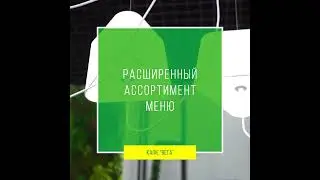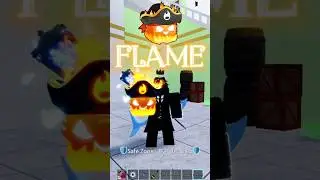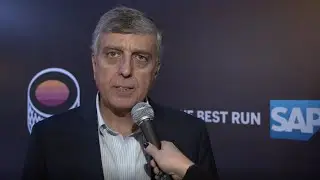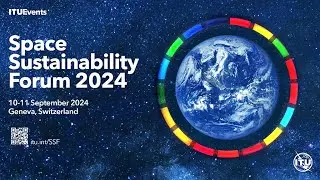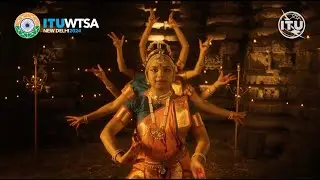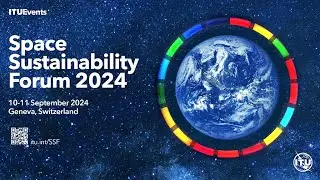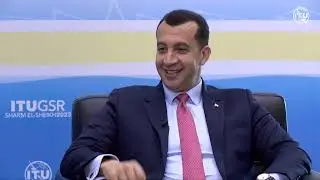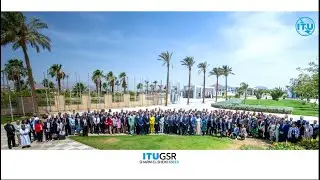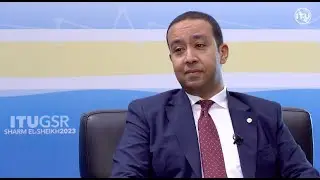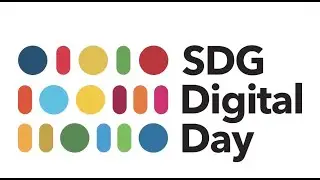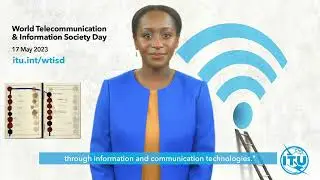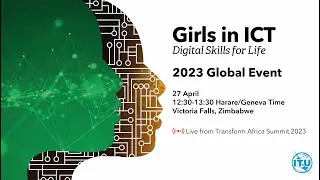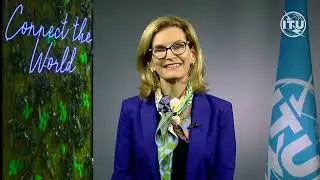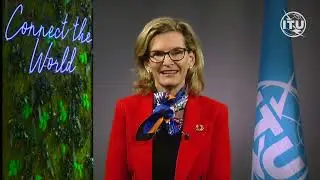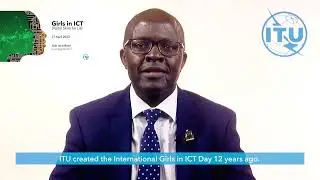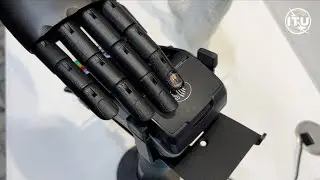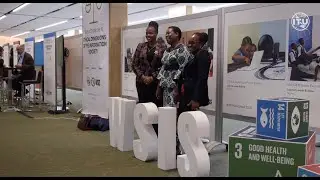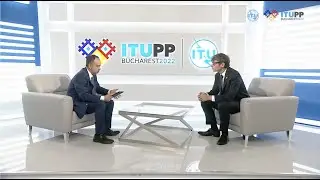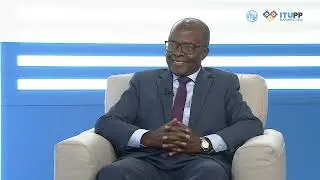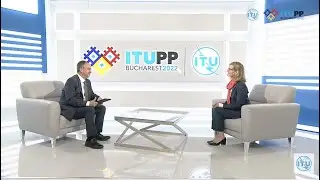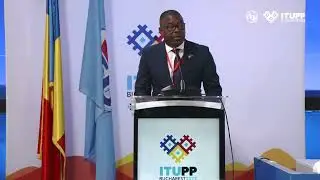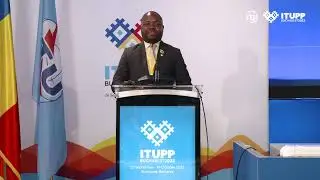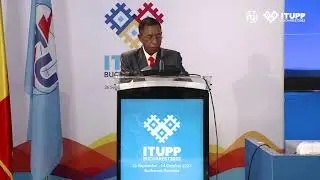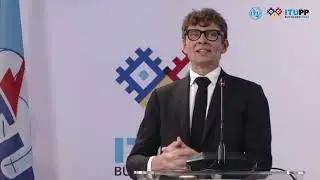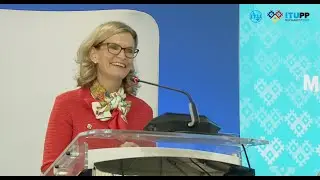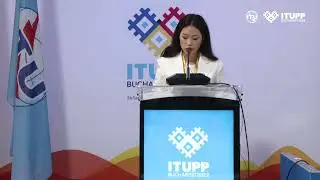WSIS 2024 Prize Winner Spain - YoungArcHers project
Winners of the WSIS Prizes, recognizing innovative technological approaches to support sustainable development, were announced on 28 May 2024 at the World Summit on the Information Society (WSIS)+20 Forum High-Level Event 2024 in Geneva, Switzerland.
Overall, projects from 18 countries were presented with WSIS Prizes top honours, showcasing leading efforts to bridge the digital divide, foster digital inclusion, and drive socio-economic progress on a global scale.
“This year's WSIS Prizes demonstrate the innovation and energy that exist to find technological solutions to some of the globe's biggest challenges," said ITU Secretary-General Doreen Bogdan-Martin. “These are the creative contributions that the world needs in our effort to advance the UN Sustainable Development Goals."
The cultural heritage sector is at a crossroads. The boost of digitalisation and technology are the
ultimate solutions for new approaches to engage citizens with cultural heritage.
Digital storytelling enables unprecedented forms of engagement and opens up new spaces for
educational contexts to explore collaborative forms to understand, preserve and engage with
cultural heritage. E-learning tools promote access to cultural content in homes, schools and
universities, and allow people to generate, reuse and add value to content, enhancing the value of
tangible and intangible cultural heritage. Still, education in cultural heritage is commonly
perceived as discipline-bound, unidirectional and academic, not consistent with the Universal
Design for Learning Guidelines (CAST 2018), which favors a learner-centric approach catering the
needs of all learners. Accessibility and inclusion are crucial concepts in cultural heritage for
achieving the CRPD (2006), and the UN Agenda 2030 and its Sustainable Development Goals
(SDGs).
“Young ArcHers” is an Erasmus+ project that tackles climate change, it helps to achieve the UN's Sustainable Development Goals and boosts research and innovation in educational environments at a local, regional and international level. The project proposes a mindset shift in education advocating the use of cultural heritage, as a valuable tool for educators to create inclusive and accessible digital storytelling content for promoting intercultural dialog and social inclusion.
“Young ArcHers” intends to offer efficient and accessible interdisciplinary tools to support teachers in incentivizing students, including children with disabilities, and those originating from socio-culturally diverse backgrounds, to discover the value of their local built heritage, use digital technology to consolidate new knowledge, and engage in the promotion and protection of heritage buildings through local and international awareness campaigns.
Project website
https://youngarchers.eu/

